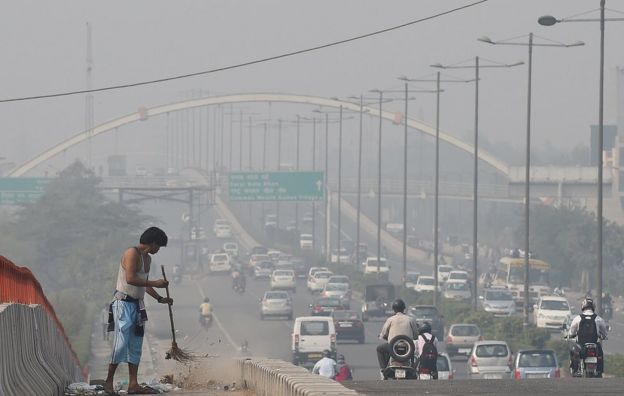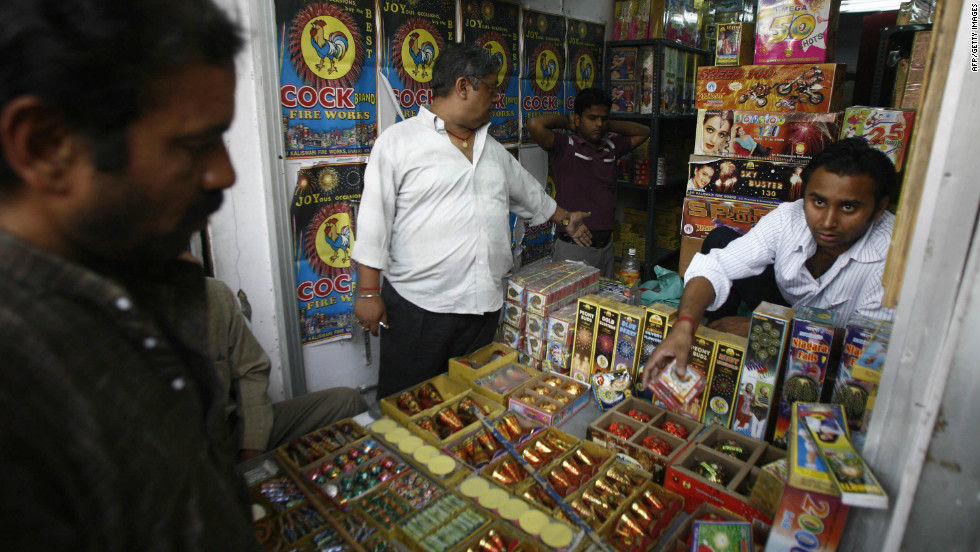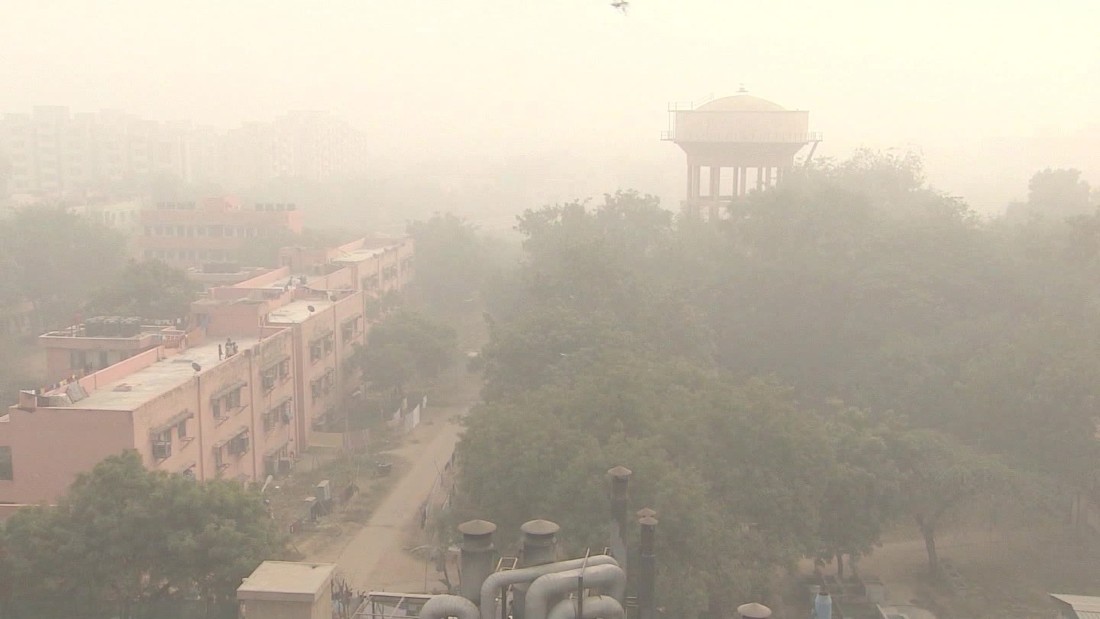Pollution and Life Expectancy
"Going into this, my colleagues and I knew that pollution killed a lot of people. But we certainly did not have any idea of the total magnitude of the problem."
"Until now, people haven't recognized what an incredible hit pollution makes on the economy of a country."
"Pollution control can stimulate the economy because it reduces death and disease."
Philip Landrigan, dean of global health, Icahn School of Medicine, New York
"When you're looking at developing countries, you really have to address this challenge if you want to move people out of poverty and into the middle class."
"Climate change is going to exacerbate the very problems that are identified in this article. There will be more contagious and infectious diseases. There will be more lives lost, more injuries, if we don't identify a path that gets us out of the hole that we're in."
"What people don't realize is the instability that results from poverty, the instability that results from migration as a result of climate change."
"Even if they're off [researchers] by a factor of ten, you're still talking about huge, huge impacts. But they're not off by a factor of ten."
Gina McCarthy, former Environmental Protection Agency administrator
 |
| Smog enveloped Delhi after Diwali in 2016 -- Getty Images |
A report appeared several weeks ago in the British medical journal the Lancet which focused on the massive human toll of pollution. And nor did the researchers ignore the financial burden that pollution-related health problems cause. One of the world's most polluted cities, New Delhi, had its air quality index reach 1,031 several weeks back, where a reading of over 300 is considered to be hazardous to human health. There were overtures by government several weeks back to attempt convincing people in India not to set off the usual fireworks to celebrate the Hindu festival Diwali.
But people are so fixated on celebrating in traditional ways that it was simply inconceivable to them that they were being advised to abstain from setting off fireworks, even though the Indian Supreme Court brought in legislation to make it illegal, they simply ignored the warnings. The heavy smog that so alarmed government officials was laced to an even greater degree by the resulting pollution, injurious to peoples' health, the very same people who insisted they must observe their favourite traditions.
 |
| During the Hindu festival of Diwali fumes from millions of fireworks create a dense layer of pollution over the Indian capital. CNN |
China, known for its devastatingly poor air quality, thanks to the ever-present coal-fired chimneys blasting away in all its major, hyper-populated cities is a case in point, where heavy, grey smog thick with particulate matter threatens the health of its citizens. India is right behind China in the quality of the air its people breathe. The irony is that received wisdom has it that emerging economies are expected to go through these growing pains, paying more attention to cheap energy for manufacturing than to the quality of life for their populations; once they have achieved economic status, attention will turn to ameliorating the pollution.
So it is that most of these massive death counts attributable to overwhelming levels of pollution occur in developing nations; compromised air quality in China and India and tainted water throughout sub-Saharan Africa, along with toxic mining and smelter operations in South America, all taking their inevitable toll while governments focus on building their economies toward wealth, while sacrificing their populations to early decline and death.
Data was assembled from researchers in over 130 countries throughout this two-year project, to document causes of disease and premature deaths in the 21st Century, to discover that poor air quality represented the most significant pollution-related culprit in reaping huge death counts in vulnerable populations. Outdoor pollution tainted by mercury, arsenic and allied particulate matter, and household air polluted through the burning of wood, dung and other organic matter for cooking and for heat, are also included in the death toll.
Researchers compiled alarming figures such as an estimated 6.5 million 2015 deaths attributable to heart disease, stroke, lung cancer and allied respiratory ailments. Unsafe sanitation and contaminated drinking water accounted for another 1.8 million annual deaths reflecting the prevalence of gastrointestinal diseases and other such infections from water pollution. The world's most vulnerable indigent workforce suffered from work-related exposure resulting in bladder cancer in dye workers, and pneumoconiosis in coal miners.
Occupational vulnerabilities to carcinogens and toxins were linked to almost a million annual deaths.
An estimated 2.5 million and 1.8 million deaths respectively were tracked to pollution occurring in India and China, representing roughly 24 and 19 percent of global pollution deaths. Other countries accordingly affected include Pakistan, Bangladesh and Kenya. And it is not just the cost in human lives, point out the authors of this latest study. They make the claim that some $4.6-trillion in annual losses are linked to the early deaths and illnesses.
 |
| Pollution levels regularly exceed recommended safe levels in the Indian capital -- CNN |
Labels: Bioscience, Environment, Health, Pollution, Research

<< Home